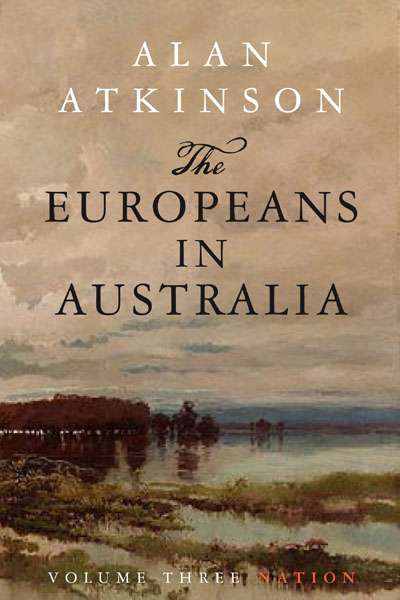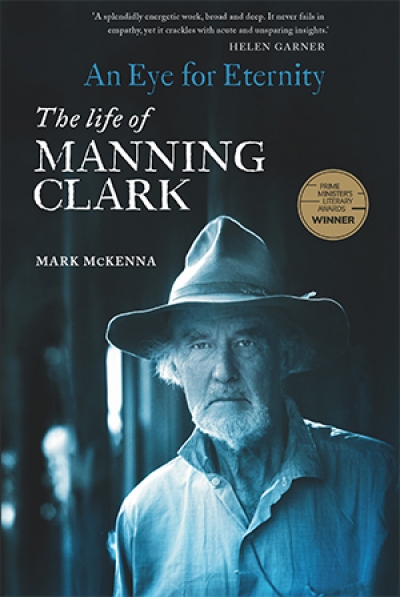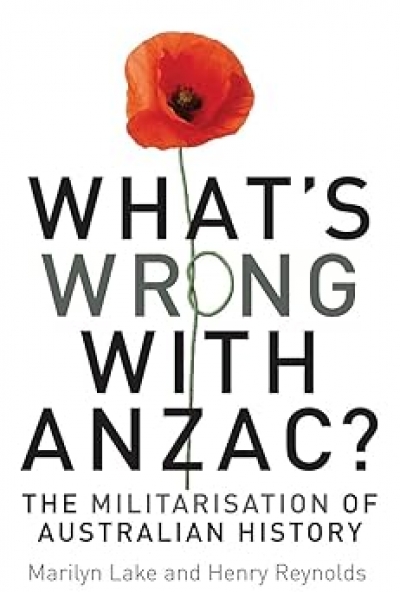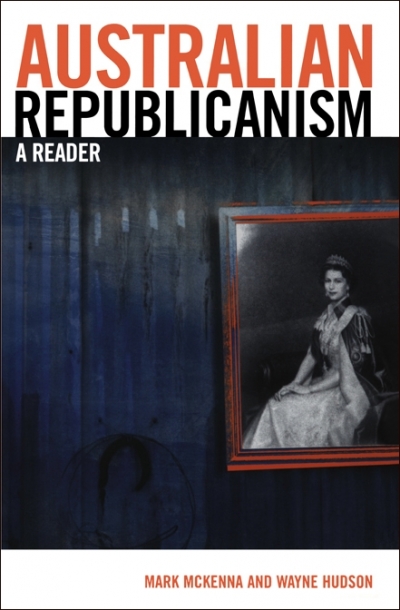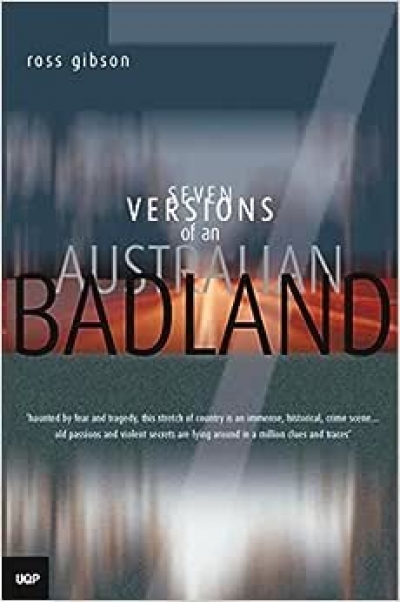Mark McKenna
Books of the Year is always one our most popular features. Find out what our 41 contributors liked most this year – and why.
... (read more)The Europeans in Australia: Volume 3: Nation by Alan Atkinson
by Mark McKenna •
An Eye for Eternity: The Life of Manning Clark by Mark McKenna
by Norman Etherington •
What’s wrong with Anzac? The militarisation of Australian history by Marilyn Lake and Henry Reynolds (with Mark McKenna and Joy Damousi)
by Robin Prior •
Australian Republicanism: A reader by Mark McKenna and Wayne Hudson
by Guy Rundle •
Seven Versions of An Australian Badland by Ross Gibson & Looking For Blackfellas’ Point by Mark McKenna
by Lyndall Ryan •

